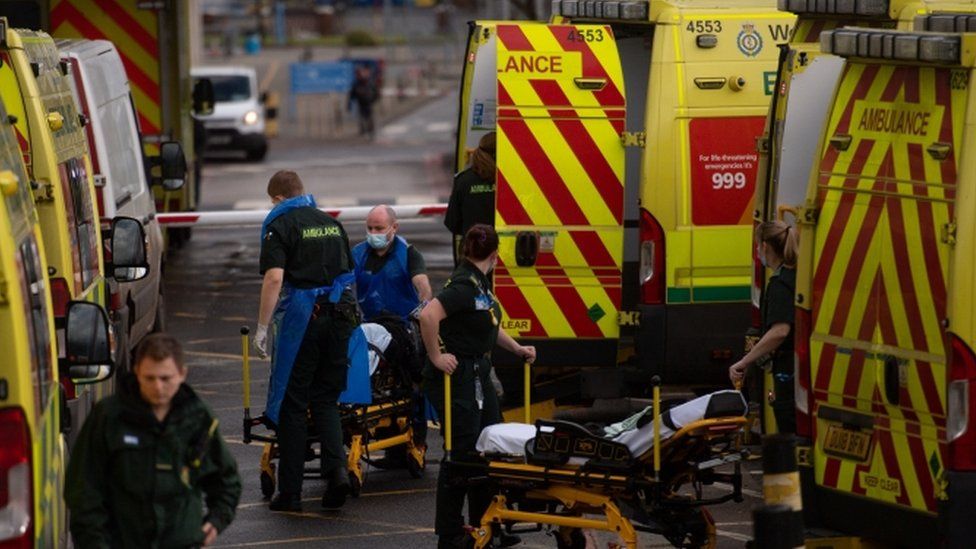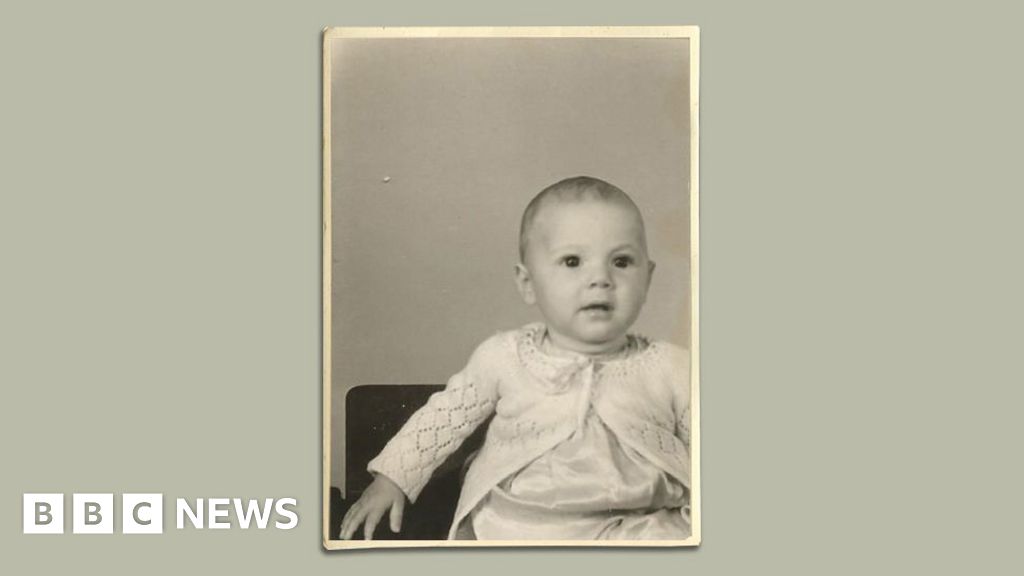ARTICLE AD BOX
 Image source, PA Media
Image source, PA Media
By Jim Reed
Health reporter
A record number of patients had to wait at least four hours in A&E departments in October, NHS England figures show.
Only 69% of patients were seen, admitted or discharged within four hours, down from 71% in September and well below the 95% target.
The Society of Acute Medicine warned the situation was "unacceptably poor" and likely to deteriorate further.
The NHS said it faced the busiest October ever in A&E and for the most serious ambulance call-outs.
Separate figures showed the number of the sickest patients having to wait a long time for a spare hospital bed also increased sharply in England.
In October, 43,792 patients had to wait at least 12 hours in A&E after a decision to admit to a ward had been made, up 34% from 32,776 in September, and the highest number in records going back to August 2010.
The average response times for ambulances rose across much of the country.
Data from the London Ambulance Service was not available for October.
But outside the capital, response times for a category two emergency, such as a stroke or suspected heart attack, rose in almost every other English region.
In the West Midlands, the average time to reach those patients increased to one hour, eight minutes in October, up from 45 minutes in September, and well above the 18-minute target set out in the NHS constitution.
'Unquestionably struggling'
Dr Tim Cooksley, president of the Society for Acute Medicine, said all parts of the NHS were "unquestionably struggling".
"This latest set of performance data show that standards are at an unacceptably poor level for both patients and staff, with an expectation that this will deteriorate further over the winter months," he said.
"Pressures are at unsustainable levels and the results are scant justice for acute care staff who continue to strive to deliver a reasonable quality of care. Morale for patients and staff is low with little expectation of short-term improvement."
Prof Sir Stephen Powis, NHS England's medical director, said: "There is no doubt October has been a challenging month for staff who are now facing a tripledemic of Covid, flu and record pressure on emergency services with more people attending A&E or requiring the most urgent ambulance call-out than any other October.
"Pressure on emergency services remains high as a result of more than 13,000 beds taken up each day by people who no longer need to be in hospital."
Record waiting lists
Separate data showed the number of people in England on a waiting list to start routine treatment, such as a knee replacement or cataract surgery, has also risen to a new record high.
A total of 7.1 million people were waiting to start treatment at the end of September, NHS England said.
That is up from seven million at the end of August and is the highest number since records began in August 2007.
A total of 401,537 people had been waiting more than 52 weeks to start their treatment, up from 387,257 in August.
The government and NHS England have set a target to eliminate all waits of more than a year by March 2025.
Very long waits of more than two years have fallen slightly, while the number of people waiting 18 months for treatment has dropped by almost 60% in one year, NHS England said.

 2 years ago
49
2 years ago
49








 English (US) ·
English (US) ·